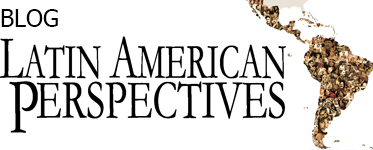Trump’s Policy toward Latin America: Even Anti-Communist Zealots in Miami Don’t Like It
First posted by NACLA: Report on the AmericasApril 2025 Steve Ellner During his first term, President Donald Trump exerted a “maximum pressure” campaign against perceived U.S. adversaries in Latin America and elsewhere. Among other hardline policies, he levelled crippling sanctions against Venezuela—leading, ironically, to a mass exodus of Venezuelans to the United States—and reversed former President Barack Obama’s rapprochement with Cuba. But just how committed is Trump to fighting communism in Latin America at this particular moment—in Venezuela, Cuba, and Nicaragua? Today, it’s anyone’s guess. Trump’s recent threats against Panama, Canada, and Greenland, on top of his clash with Ukrainian President Volodymyr Zelensky, take the spotlight off the “real enemies,” as usually defined by Washington. In that sense, Trump’s foreign policy actions in the first two months of his second administration are a far cry from his first, when regime change was the unmistakable goal. In sharp contrast to the rhetoric of his first administration, in his March 4 address to the Joint Session of Congress Trump made no reference to Nicolás Maduro, Miguel Díaz-Canel, or Daniel Ortega. It’s even unclear whether Trump will pursue the use of international sanctions, which he ratcheted up against Venezuela and Cuba in [...]



